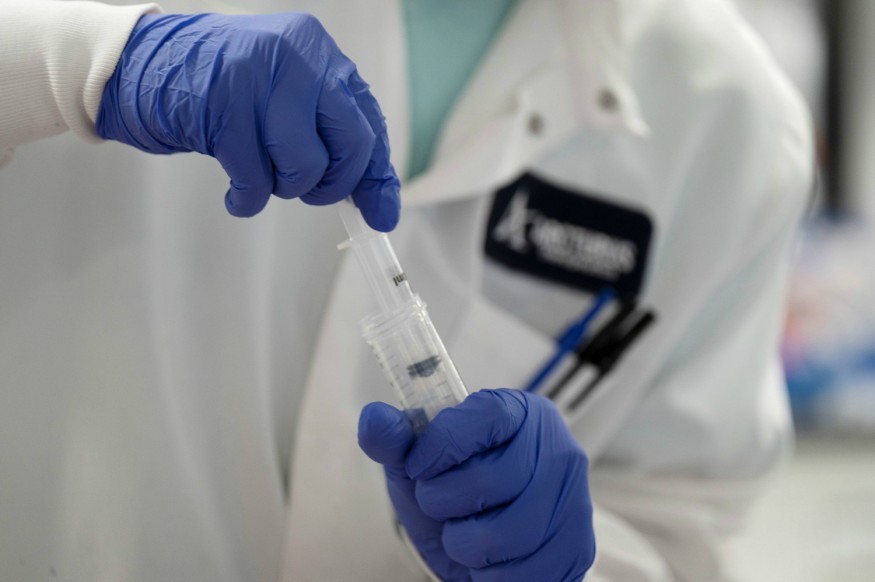Potential COVID-19 Treatment Found in the Blood of Recovered Patients

The Food and Drug Administration (FDA) is looking into the possibility of using blood plasma from recovered patients as a treatment for the 2019 coronavirus disease (COVID-2019).
FDA Commissioner Stephen Hahn called it 'convalescent plasma' during a press briefing.
"This is a pretty exciting area. And again, this is something that we have given assistance to other countries with as the crisis developed," Hahn said, emphasizing that its effectiveness in treating the virus has not yet been proven.
Dr. Arturo Casadevall, chair for molecular microbiology and immunology at the Johns Hopkins Bloomberg School of Public Health, has been leading a team of researchers from across the country studying the possibility of using plasma from coronavirus survivors on treating critically ill patients.
"They didn't have vaccines in the early 20th century-just like the situation we face now. But physicians then knew that, for certain conditions, you could take the blood of the immuned and use it to prevent the disease or treat those who became ill," Casadevall said.
Convalescent plasma has proven to be effective against other infectious diseases, such as rabies and diphtheria, according to Mike Ryan, head of health emergencies program at the World Health Organization (WHO).
"What hyperimmune globulin does is it concentrates the antibodies in a recovered patient, essentially giving the victim's immune system a boost of antibodies, hopefully to help them get through the difficult phase," Ryan said.
Best Option
The treatment, which involves harvesting virus-fighting antibodies from the blood of previously infected patients is nothing new in medicine after being used many times before, like the SARS outbreak in 2002 and the Spanish flu epidemic in 1918.
"Until more effective drug treatments are ready, this might be our best option," he said.
Because there is blood transfusion involved in the treatment, experts cannot guarantee that the procedure is 100% glitch-free. There is the danger of transfusing the wrong type of blood or inadvertently contracting other pathogens during the transmission. But medical experts already have a precaution for that.
Blood banks would need to conduct tests to determine if donors have antibodies that can kill the virus.
However, not everyone is sold to the idea of using blood plasma to cure the disease. Cedric Ghevaert, Senior Lecturer in Transfusion Medicine at the University of Cambridge and Consultant Hematologist at NHS Blood and Transplant, has some concerns given that some points of the treatment are not yet discussed.
"Given the speed of spreading of the epidemics, arranging collection, distribution, quality control, dosage may simply be a case of shutting the door after the horse has bolted," Ghevaert said, adding that while the technique works well for 'blood-borne agents', its reaction with the SARS- CoV-2 virus is still in question.
Despite concerns on the possible side effects of the treatments, the approach has already been implemented in China, where the disease is believed to have started.
Race for the Cure
Researchers all over the world are scrambling to find the cure for the coronavirus, which authorities say can take months, perhaps even years before a vaccine can be developed. For now, it is up to the hospitals and local health centers to treat COVID-19 patients who are now crowding treatment rooms and intensive care units in overwhelming numbers.
"What's remarkable about the approach is that it's not a new idea: it has been with us for a good hundred of years or longer," said Dr. Jeffery Henderson, an assistant professor of medicine and molecular biology at the Washington University School of Medicine in St. Louis.
For Henderson, the treatment of the disease is as dangerous as it is simple. By being careful not to give the patient the wrong type of blood, the tools needed for harvesting and blood transfusions are readily available.
The virus, which originated in a market in China, has now infected more than 307,000 people and claimed 13,049 lives worldwide.
Subscribe to Latin Post!
Sign up for our free newsletter for the Latest coverage!

















